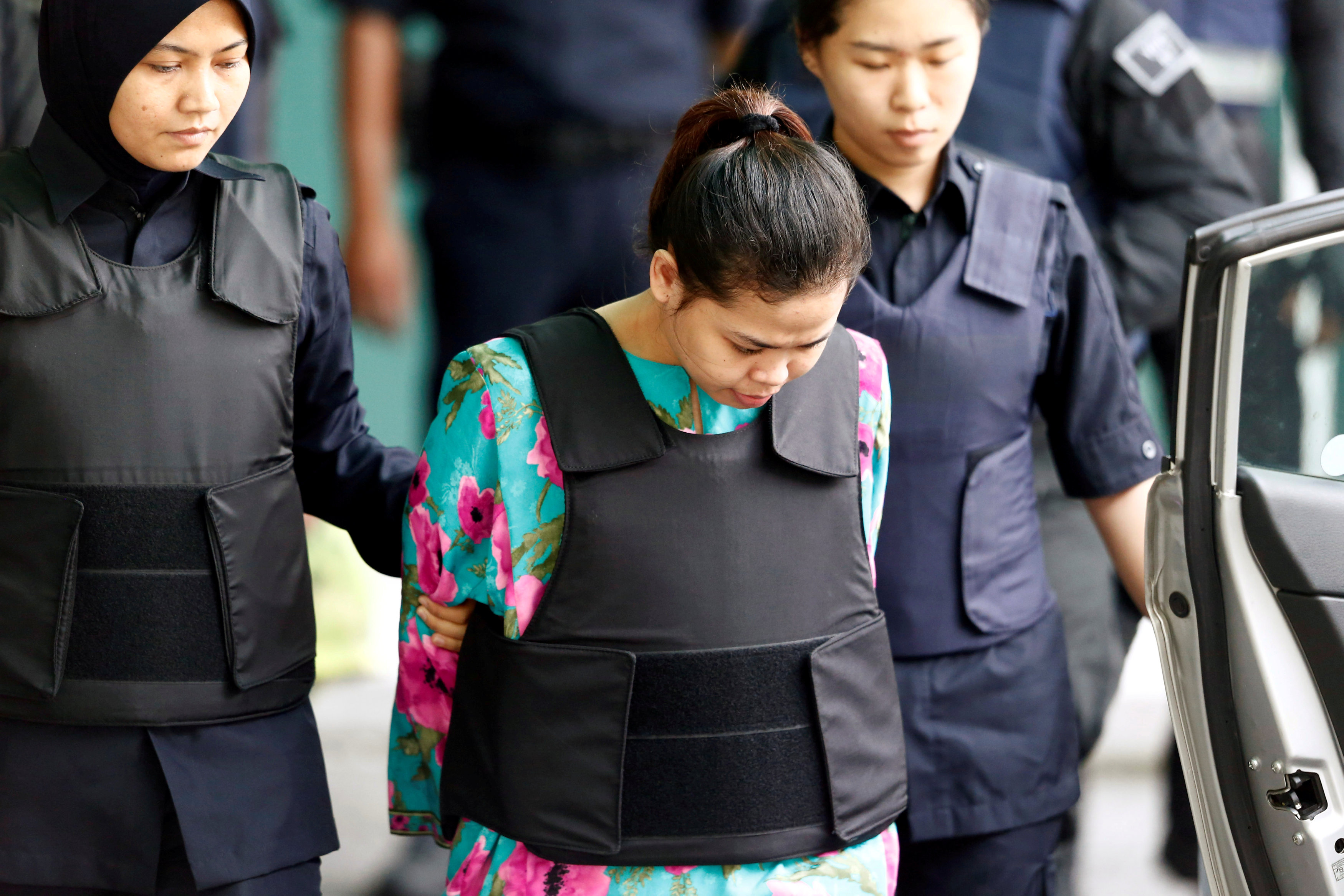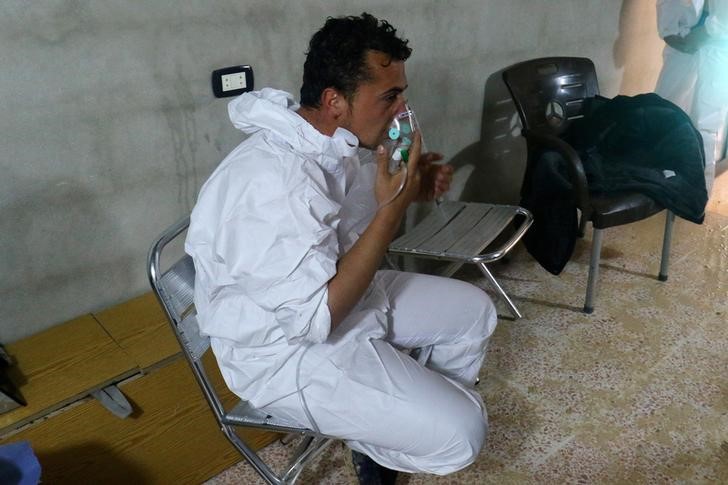
By Tom Allard and Agustinus Beo Da Costa
JAKARTA (Reuters) – Indonesian militants planned to detonate a radioactive dirty bomb, security sources said, highlighting the rising ambitions of extremists to wreak destruction in the world’s largest Muslim-majority nation.
But experts cast doubt on their expertise, equipment and chances of success.
The plot was foiled when police raided homes and arrested five suspects in Bandung, West Java, last week, the sources with direct knowledge of the plot said. After the raids, police spoke of a plan to explode a “chemical” bomb but provided no other details.
The plot comes as Indonesia grapples with an influx of militants deported from other countries and the fallout from the Islamic State-led siege in the southern Philippines city of Marawi that regional leaders and analysts worry has energized militants across Southeast Asia
The three counter-terrorism sources, speaking on condition of anonymity, said the militants had hoped to transform low-grade radioactive Thorium 232 (Th-232) into deadly Uranium 233 (U-233).
The highly radioactive uranium would be combined with the powerful home-made explosive triacetone triperoxide (TATP) to create a “nuclear bomb”, according to an instruction manual used by the militants and reviewed by Reuters.
In fact, the device would be, at best, a radiological dispersal device or dirty bomb that could spray radioactive material when the conventional bomb exploded.
A spokesman for Indonesia’s national police, Inspector General Setyo Wasisto, declined to confirm or deny the plot to construct the device, but said it would have been more potent than the two bombs made from TATP that killed three police in Indonesia’s capital Jakarta in May.
“If this bomb was finished, it would have had a more destructive impact than the bomb made from ‘Mother of Satan’,” he said, using the nickname for TATP.
“It could burn anything and make it hard for people to breathe.”
Thorium-232 can be transformed into Uranium-233 but requires the Thorium to absorb a neutron, a process that needs powerful irradiation, generally from a nuclear reactor, according to three analysts contacted by Reuters and the website of the World Nuclear Association, which represents reactor vendors and nuclear engineers, among other industry stakeholders.
The militants’ manual advised an X-Ray machine or microwave be used instead.
“X rays would not have enough punch to overcome the binding energy of the Thorium atoms,” said Peter Hayes, an expert in radiological devices from the Nautilus Institute, in an email.
“And, no, you can’t cook Th-232 to make U-233 in a microwave and, if you could, you would have a painful and rapid death from the radioactive nature of the co-present U-232 produced alongside U-233.”
One senior Indonesian counter-terrorism source said the Bandung-based cell had bought a large amount of a household item and had begun to extract the Thorium. Reuters has chosen not to name the item.
“They needed three weeks. It was still only one week (into the process when police raided),” the source said.
“A MUSLIM’S DUTY”
Indonesia has suffered a series of mostly small attacks by extremists over the past 18 months, although police have disrupted many more.
Indonesian terrorism analyst Rakyan Adibrata fears militants have been inspired by the events in Marawi, where IS fighters continue to occupy part of the city despite a three-month offensive by Philippines force to re-take it.
“They don’t have the ability to occupy a city like has happened in Marawi, but they want to do something big that pleases their bosses in Islamic State,” said Adibrata.
A radiological bombing could fit the bill, although Adibrata said that it was highly unlikely that the Bandung cell had either “the equipment or the knowledge” to succeed.
Most of Indonesia’s recent attacks have involved members of Jamaah Ansharut Daulah (JAD), a pro-IS alliance of Indonesian militants. Many have been directed from Syria by an Indonesian national and JAD leader Bahrun Naim, according to police.
Naim is identified as the author on the front page of the 47-page Indonesian-language bomb instruction manual – named “Nuclear for Dummy” (sic) – and posted on a blog that has since been taken down.
“Mastering weaponry is essentially every Muslim’s duty,” it says.
“This paper, we hope, also can motivate the Muslim mujahideen to learn nuclear science easily and apply it.”
Last week, police said the militants had been working off Naim’s manual, but did not disclose its contents.
According to police, the suspected Bandung plotters were members of JAD and were considering targets like the presidential palace in Jakarta and police headquarters in Bandung and the capital.
Two of the five suspects are Indonesian migrant workers deported from Singapore and Hong Kong this year for posting radical Islamist material on social media.
They spent a month or less in a deradicalization shelter before joining up with the other militants, sources told Reuters.
About 177 Indonesian militants have been deported from other countries this year, according to Adibrata, citing the Ministry of Foreign Affairs.
(Reporting by Tom Allard and Agustinus Beo Da Costa Additional reporting by Stefanno Reinard; Editing by Ed Davies and Nick Macfie)











